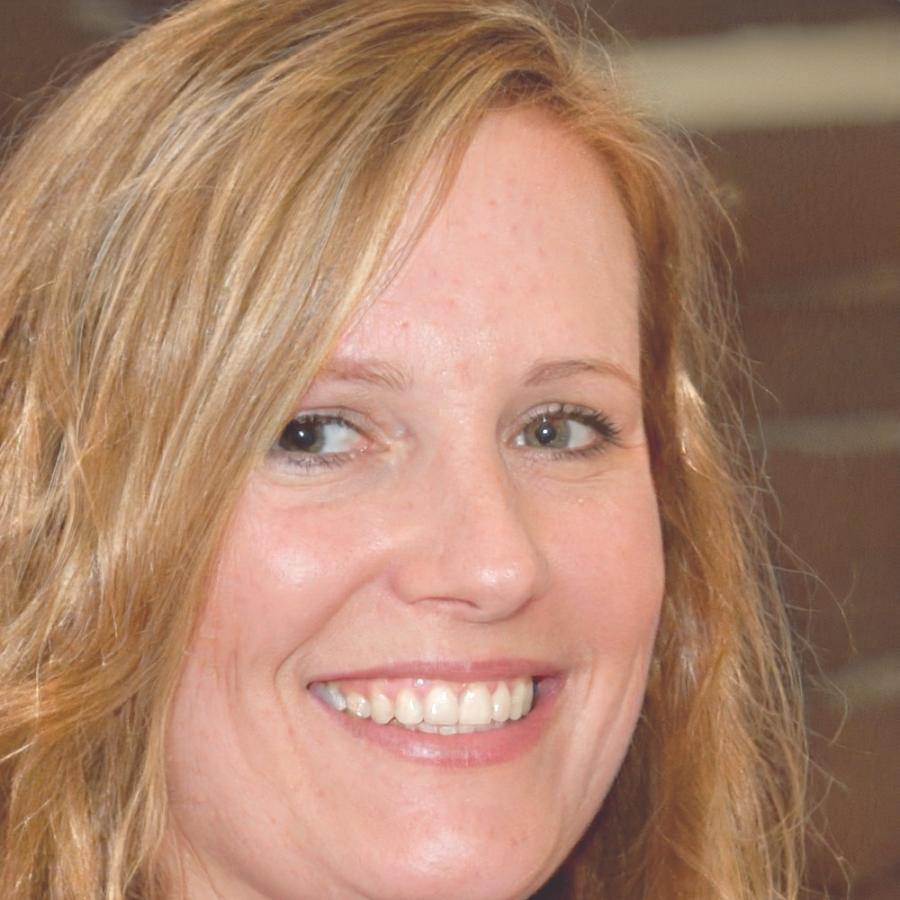Getting Your Foundation Right
Investment isn't just about numbers and portfolios. Before you commit your first dollar, you need a clear picture of where you stand financially and emotionally. We've seen too many people jump in without understanding their true capacity for risk or their actual timeline for growth.
This isn't meant to discourage you. But starting with honest self-assessment will save you from costly mistakes and sleepless nights down the road.
Are You Actually Ready?
Most people skip this part. They see an opportunity and dive straight in. And look, enthusiasm is great—but it needs to be paired with preparation.
Here's what we ask every client to consider before they open an investment account:

The Mental Side Nobody Talks About
Investment success isn't purely analytical. Your mindset influences every decision you'll make, especially during market turbulence. These aren't platitudes—they're practical frameworks we've developed working with Canadian investors since 2019.
Patience Over Perfection
You won't time the market perfectly. Nobody does consistently. The goal is to be in the market during the good years, not to catch every bottom and top. Consistency beats brilliance.
Learning From Losses
You will lose money on some investments. That's not failure—it's tuition. The question is whether you extract the lesson or just feel the pain. We help you do the former.
Ignoring the Noise
Financial media exists to create urgency and drama. Your investment strategy should be boring by comparison. If you're checking your portfolio every day, something's wrong with your approach.
Knowing Your Why
What's this money actually for? Retirement is vague. "Not working past 62" is specific. "Buying a cottage in Nova Scotia by 2032" is even better. Clarity prevents panic selling.
Embracing Uncertainty
Anyone promising guaranteed returns is either lying or doesn't understand markets. Your job is to build a strategy that works across various scenarios, not to predict the future.
Staying Accountable
It's easier to stick with a plan when someone's checking in. Not to judge, but to remind you why you built this strategy in the first place. That's where guidance pays off.

Sylvie Thibault
Investment Readiness CoachI've spent twelve years helping Canadians figure out if they're actually ready to invest. Most aren't—yet. And that's perfectly fine. Better to wait six months and do it right.

Kendra Olafson
Behavioral Finance SpecialistThe hardest part of investing isn't picking stocks. It's managing your own psychology when markets move against you. We prepare you for that reality before it happens.
What Proper Preparation Looks Like
We don't rush people into investment accounts. In fact, sometimes we tell potential clients to come back in six months after they've addressed some financial fundamentals. That's not popular in an industry focused on assets under management, but it's honest.
Our preparation program starts in September 2025 and runs for eight weeks. It's designed for people who know they want to invest but aren't sure they're ready yet.
What We Cover Together
- Building your emergency fund to the right level for your situation
- Debt prioritization strategies that make mathematical sense
- Understanding your actual risk tolerance through scenario exercises
- Setting specific, measurable investment goals with realistic timelines
- Creating a personal investment policy statement you can stick to
- Developing emotional resilience for market volatility
This isn't a sales funnel. Some participants decide they're not ready and that's a successful outcome. Others realize they've been ready for years but lacked confidence. Both are valuable realizations.
Explore Our ProgramsSetting Expectations That Actually Help
The investment industry loves to paint rosy pictures. We'd rather give you realistic expectations that prepare you for the actual experience ahead.
You'll Question Your Decisions
+Every investor second-guesses themselves. The market will drop right after you invest, or surge right before you planned to buy. This happens to everyone, and it doesn't mean you made a mistake.
We help you distinguish between legitimate strategy concerns and normal emotional reactions to market movements. That skill alone is worth the preparation time.
Growth Takes Longer Than You Think
+Compound growth is powerful over decades, but painfully slow at first. Your portfolio might not look impressive for the first few years, and that's completely normal.
We show you what realistic portfolio growth looks like across different time horizons, so you're not disappointed when year one doesn't transform your financial life.
Your Strategy Will Feel Boring
+Good investment strategies are repetitive and uneventful. You'll hear about exciting opportunities and wonder why you're not pursuing them. That's the point—excitement usually costs money in investing.
We prepare you for the psychological challenge of sticking with a boring plan while others chase trends. It's harder than it sounds.
Learning Never Really Stops
+Markets change, tax laws evolve, and your own life circumstances shift. Successful investors stay curious and keep learning. But that doesn't mean you need to become a financial expert.
Our goal is to help you understand enough to make informed decisions and ask smart questions, not to turn you into a day trader or analyst.